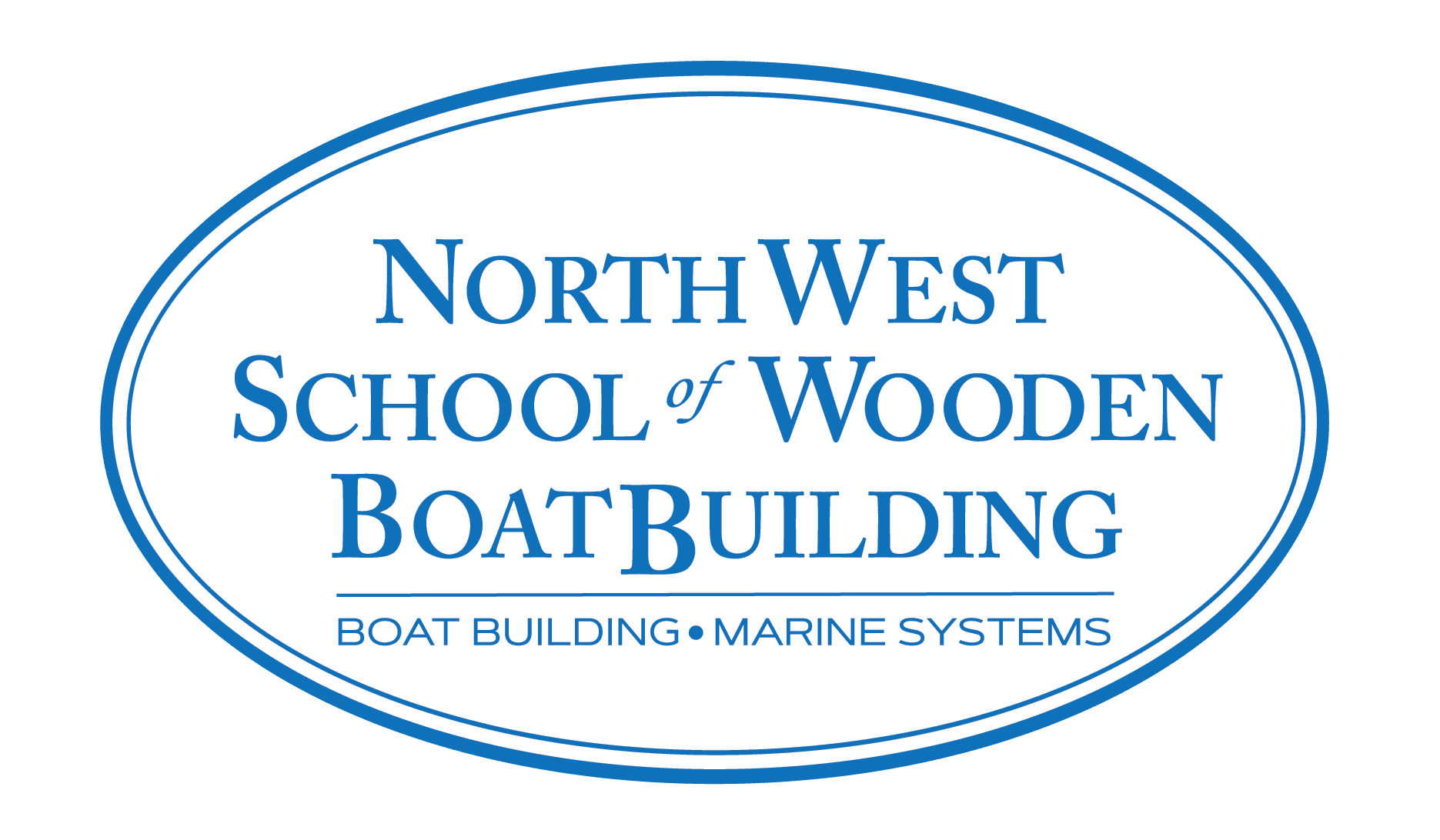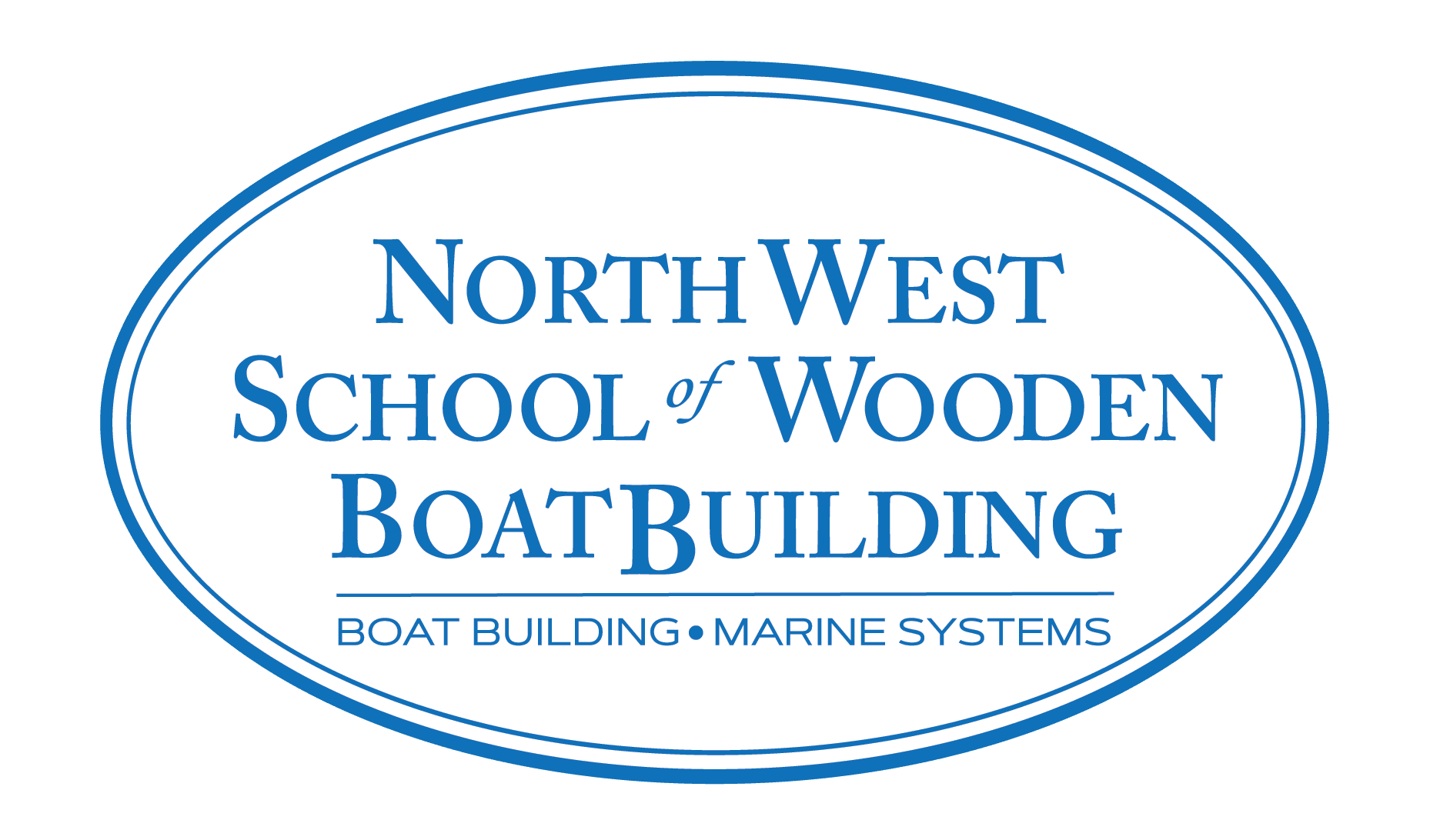
Category: ALL POSTS
Sentinel-24 – long-boarding the hull
Instructor Sean Koomen (in dark orange shirt) leads his class long-boarding the Sentinal-24 hull. Longboarding the hull is done with a long board onto which sandpaper is fastened. The board bridges minor imperfections in the hull and helps to being the hull to a uniform level that can support a high gloss finish. This is the first boat in…
Lake Union Wooden Boat Festival
36th Annual Lake Union Wooden Boat Festival The 37th Annual Lake Union Wooden Boat Festival will be Thursday, July 4th, through Sunday, July 7th. All your favorite activities will be back, and we’re planning a few special new ones, too! Festival Registration for 2013 will open in the Spring. If you have Sponsorship questions, please contact Dan Leach at…
Bainbridge Island Wooden Boat Festival
June 15 & 16, 2013 Harbour Pub Marina Saturday 10-5 Sunday 10-4 Free Admission http://www.biwbf.info/2013-festival/ Save the date, June 15 & 16, 2013 for the Bainbridge Island Wooden Boat Festival. This year we’ll have some new and different boats for you to enjoy and the organizing committee is working hard to make the event even better than the first…
Plywood Construction
The new technique relies on cutting the plywood panels to exact size and butt-jointing them. It is common now, in order to increase production efficiency, to place the panels either on the inside or outside of a mould where they are held in place with temporary screws. But sometimes not even a jig is required on the smallest boats….
Row Boats
The Northwest School of Wooden Boatbuilding builds a full variety of row boats on commission. Contact Pete Leenhouts, Executive Director, at 360-385-4948 if you are interested in arranging a commission. Click here to see a list of boats you might want to consider! Click here to see photos of boats we have built in the past.
Plywood Construction
The ‘ply-on-frame’ building method was developed in the 1950’s using mainly urea-formaldehyde adhesives on the then newly introduced wood medium – plywood. Many boats were designed for this relatively easy form of construction which became popular with professionals and DIY builders. Today ply-on-frame is still used, particularly on small racing dinghy classes designed originally in the 1950’s, but with…
Cold Molded Construction
The first cold-moulded hulls commercially produced were derived from wooden aircraft technology developed during World War II. These used phenol-formaldehyde glue and vacuum pressure was employed to hold the veneers together in an autoclave oven. Hulls produced this way have proved extremely durable with a life of over 30 – 40 years. Nowadays no such plant exists and all…
Multiple Veneer Construction
The earliest forms did not use adhesive but incorporated a cloth membrane, usually soaked in oil or paint, in between. The veneers were held together with rivets, screws or clenched nails. Epoxy adhesives can be used in the restoration of these hulls by injecting it between the veneer layers. Source: SP Systems. This article was derived from ‘Wooden Boat…
Take a workshop at Port Hadlock’s boat school, then soak up the salty scenery
Originally published February 23, 2013 at 7:01 PM | Page modified June 21, 2013 at 1:17 PM The Northwest School of Wooden Boatbuilding is at the heart of this ‘education vacation,’ with good food, hiking and paddling nearby. PORT HADLOCK, Jefferson County — If you’re one of those nautical types who mystify the medical community every time a blood…
Sign up for our E-news
Stay up-to-date with what's happening at the Boat School.
About Us

Founded in 1981, the school offers a full-time 12 month Associate of Occupational Studies (AOS) degree in Boatbuilding, a 9-month Diploma program in Marine Systems, and 5-day Intensive courses in Marine Systems topics.
